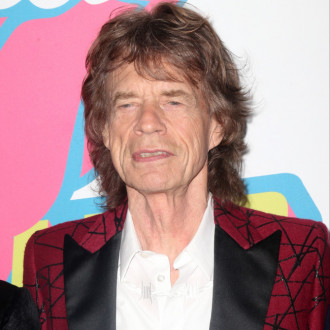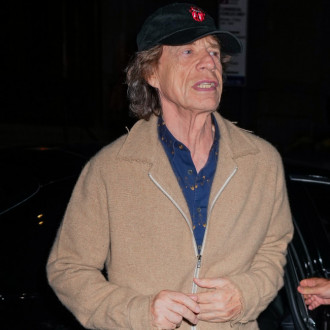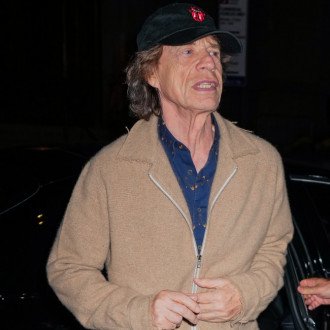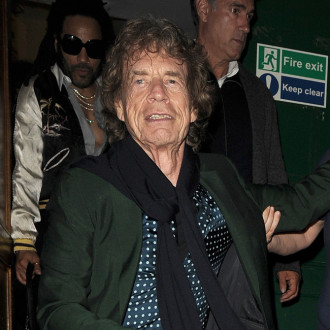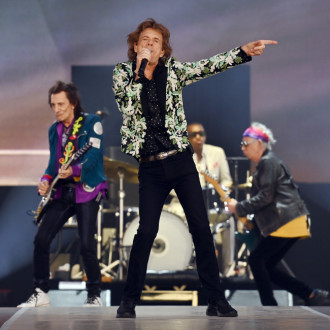Streaming until you're blue in the face: Are artists under paid each time you listen to one of their songs?
By Andrew Lockwood in Music / Festivals on 07 June 2021
Will it just mean yet more money being generated for the biggest acts as there are calls to reform streaming payments?
In a recent open letter to the Prime Minister, Boris Johnson, major players in the UK music industry, including Sir Mick Jagger, Sir Paul McCartney and Sir Tom Jones, have called for a major reform of the way that they, and their fellow musicians, are paid by streaming sites. They argue that, "the law has not kept up with the pace of technological change." It is true that streaming sites pay in a different way to how payments were and are calculated for radio air play, but does that mean that the payment is too small or that the way it is calculated needs to change?

It was recently reported by the BBC that, "On streaming services, labels retain the majority of the money - with the artist receiving about 13% on average, and session musicians receiving nothing." This compares to a radio payment model where "royalties are split evenly between the record label and the artists/songwriters, with a small portion going to session musicians and backing performers, a system known as equitable remuneration."
So, the model may need to change to make it a fairer proposition but should the overall remuneration change? Should in fact the system consider a change that would see revenues to artists be paid on a tiered basis so that up and coming artists with less streams get more for their initial streams? Should major artists consider off-setting revenue to help grass roots music, just as the Premier League gives money to the lower leagues.
It is difficult to take on board an argument from Sir Mick Jagger that he should be paid more when he is reputedly the eighth wealthiest musician in the world with a net worth reported to be in the region of $360 million. Sir Tom Jones is not short of a penny or two either with a net worth of $250 million. Sir Paul McCartney, another signatory to the open letter, certainly doesn't need a few more cents from each stream, he has a net worth of more than one billion and tops the list of the wealthiest rock stars. On the other hand, if they only receive 13% of the money from each stream is it fair that the label gets the remainder? Why not push some of that money down to those that need it most?

Some of the UK's best known musician's have put their weight behind the Musician's Union letter. Kate Bush, Peter Gabriel, Noel Gallagher, Blur's Damon Albarn, The Chemical Brothers and Wolf Alice have all signed the open letter penned in April on behalf of the MU. The letter aims to get the Government to address the fact that "Today’s musicians receive very little income from their performances – most featured artists receive tiny fractions of a US cent per stream and session musicians receive nothing at all." The crucial word in that sentence being, 'today's', as established acts still do quite well out of each of the major platforms. Surely before any proposed changes are made there should be various models that are explored to help develop and pay new and emerging talent.
Currently you could easily argue that Drake, for instance, does not need to earn anymore from each stream. Drake has earned a whopping $52.5 million from his 21.5 billion streams on Spotify alone. Ed Sheeran's track Shape Of You earned him $6.6 million for just the one track (His name was not on the initial letter). Coldplay have raked in $3.6 million from 1.5 billion streams; do they need more?

Whilst the top artists continue to see their revenues rise the majority do not. Rolling Stone magazine estimates that the bottom 98.6% of all artists only took home an average of $12 per month from Spotify earnings. This prompts a bigger debate about how much should be paid at what level. Currently the average payment per stream is only £.003. Should a restructuring take place similar to the way taxes are calculated but in reverse. Should an artist receive more for the first 100,000/250,000 streams with payments gradually getting lower as another level is hit?
Certainly something needs to change, something needs to be done to help new acts and artists so that they can at least survive. Delivering a blanket change to the whole system though would risk giving more riches to the already rich whilst still seeing those that are most in need struggle.
The Department of Culture, Media and Sport select committee is due to deliver a report on the music industry and streaming later in June.
Contactmusic
Movies and Trailers
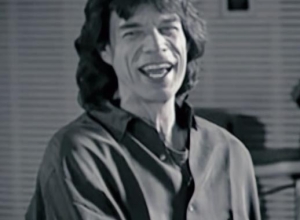
Rolling Stones Totally Stripped Trailer
In 1995 The Rolling Stones released an album called Stripped. It featured a number of...

Get On Up Movie Review
With an appropriately jarring sense of energy, this James Brown biopic acutely captures the Godfather...
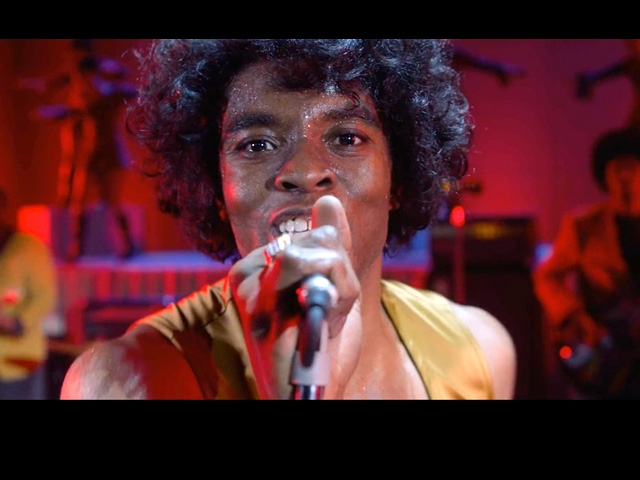
Get On Up - Memories Of James Brown Featurette Trailer
The cast and crew of forthcoming James Brown biopic 'Get On Up' talk about the...
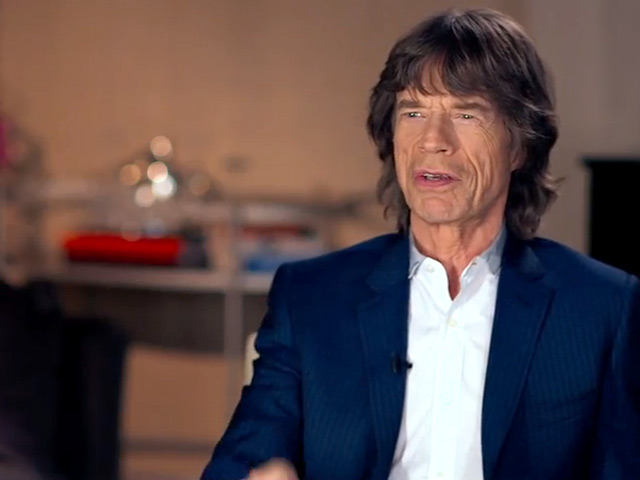
Get On Up Trailer
The stars of the upcoming James Brown biopic 'Get On Up', Viola Davis, Nelsan Ellis...

20 Feet From Stardom Movie Review
Entertaining and uplifting, this Oscar-winning documentary tells the unknown story of the back-up singers who...
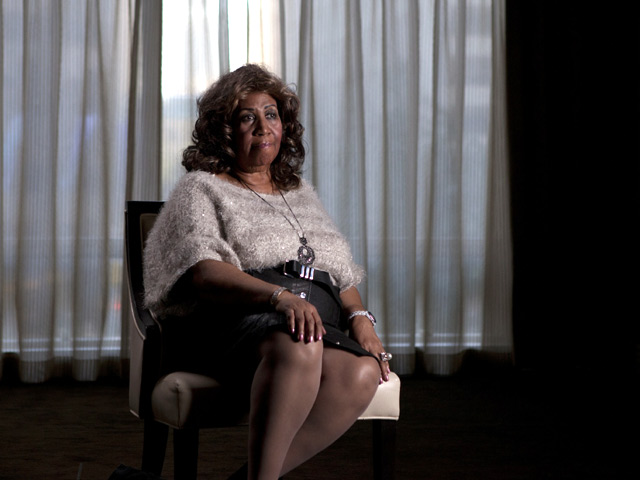
Muscle Shoals Trailer
When Rick Hall opened up his record studio FAME Studios in the small town of...
Advertisement
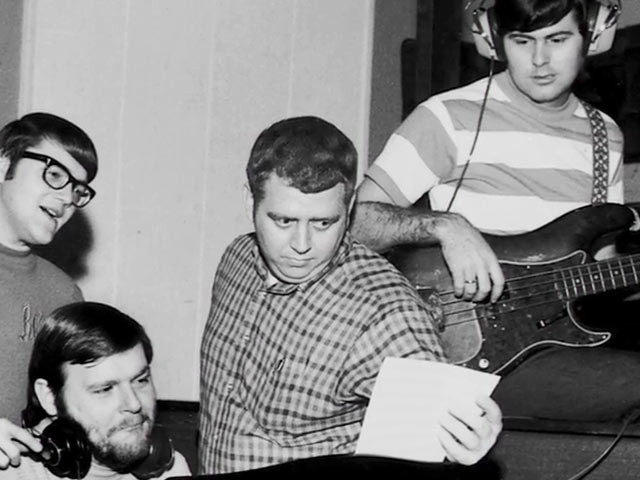
Muscle Shoals Trailer
Muscle Shoals was just a town in Alabama with an extraordinary habit of producing some...
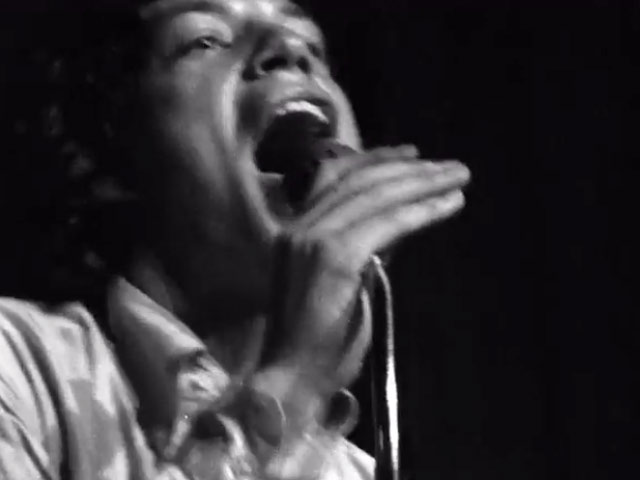
Charlie Is My Darling Trailer
The Rolling Stones may not have released an album for eight years, but they are...

Crossfire Hurricane Movie Review
Watching the Rolling Stones' home movies while they reminisce on the soundtrack is thoroughly entertaining,...


